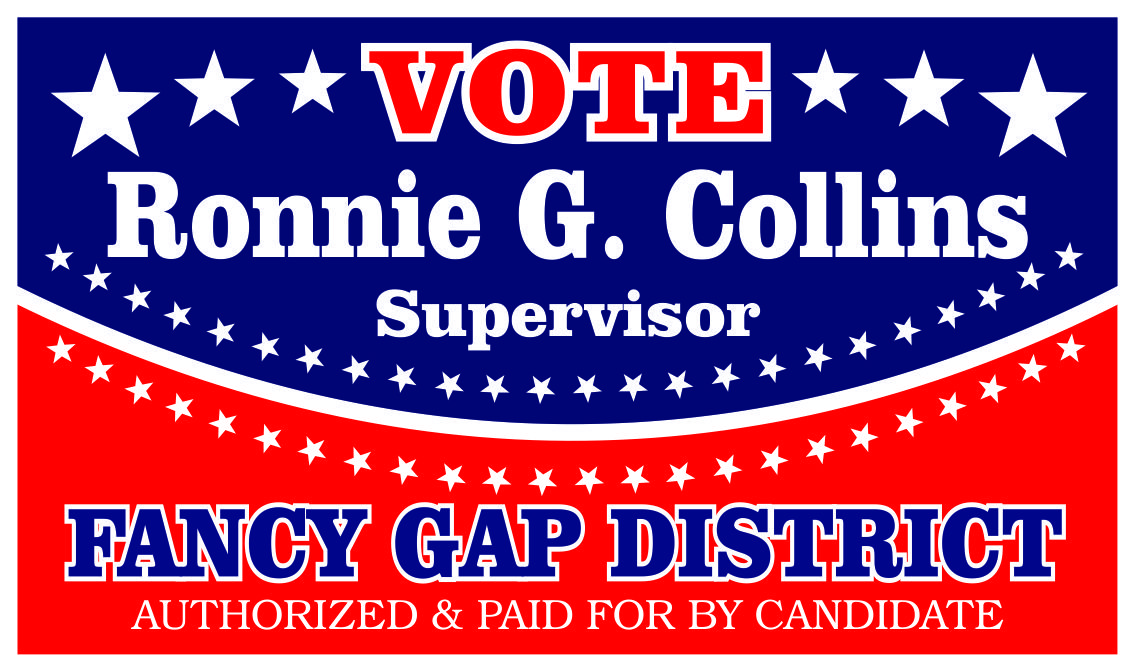Commentary: John Wesley‘s advice on the economy
Oct. 16, 2008
NOTE: A photograph and illustration are available at http://umns.umc.org.
A UMNS Commentary
By J. Richard Peck*
The year was 1772 as John Wesley addressed a letter to the editor of Lloyd’s Evening Post regarding the causes of and cures for high unemployment, food shortages and dismal economic conditions.
More than two centuries later, the United States is struggling with a meltdown on Wall Street, skyrocketing gas prices and inadequate health care. But our diminished economy would scarcely rival that of England in 1772.
Wesley, who was 69 at the time, starts by asking why. “Why are thousands of people starving–perishing for want, in every part of England?”
The founder of the Methodist movement then describes the London situation: “I have known those who could only afford to eat a little coarse food every other day. I have known one picking up stinking sprats from a dunghill, and carrying them home for herself and her children. I have known another gathering the bones, which the dogs had left in the streets, and making broth of them, to prolong a wretched life.”
Examining the causes
Wesley blamed several English practices for the impoverished state of the nation:
1. The wasteful use of grain to produce alcohol. “Have we not reason to believe that half of the wheat produced in the kingdom is every year consumed, not by so harmless a way as throwing it into the sea, but by converting it into deadly poison-poison that naturally destroys, not only the strength and life, but also the morals of our countrymen.”
2. Wealthy people who need horses for sport, pleasure and export. “Most of the considerable farmers, particularly in the northern counties, who used to breed large numbers of sheep or horned cattle, and frequently both, no longer trouble themselves with either sheep, or cows, or oxen; as they can turn their land to far better account, by breeding horses alone. Such is the demand, not only for coach and chaise horses, which are bought and destroyed in incredible numbers; but much more for bred horses, which are yearly exported by hundreds, yea thousands, to France.”
3. Unproductive large farms had replaced small family farms, causing a shortage of poultry, pork and eggs. “Every one of these little farmers kept a few swine, with some quantity of poultry; and, having little money, was glad to send his bacon, or pork, or fowls and eggs, to market continually. Hence, the markets were plentifully served, and plenty created cheapness; but, at present, the great, the gentlemen farmers, are above attending to these little things. They breed no poultry or swine, unless for their own use; consequently they send none to market.”
4. High taxes. “Enormous taxes are laid on almost everything that can be named. Not only abundant taxes are raised from earth, and fire, and water; but, in England, the ingenious statesmen have found a way to tax light. Only one element–air– remains, and surely some man of honor will contrive to tax this also. For how long shall the saucy air blow in the face of a gentleman, nay, a lord, without paying for it?”
5. The national debt. “Taxes are high because of the national debt. I have heard that the national expense, in the time of peace, was, sixty years ago, three million a year. Now the bare interest of the public debt amounts to above four million. To raise which, with the other expenses of government, those taxes are absolutely necessary.”
Identifying cures
John Wesley believed that most of the economic problems of the day were caused by a growing disparity between the rich and the poor.
Wesley felt the cure was to repress “luxury, either by example, by laws, or both.” He asked legislators to establish laws that would prohibit the distillation of alcohol. While he lamented high taxes upon the poor and middle class, he called for additional taxes on luxury items such as horses and carriages. He suggested people be taxed on what they purchased rather than upon what they earned.
He also expressed concern about future generations and called for a reduction of the national debt.
In short, Wesley called for higher taxes upon the wealthy and laws that would prohibit the wasting of natural products.
While Wesley did not tell the readers of Lloyd’s Evening Post about his personal actions, he organized groups of Methodists to visit the London workhouses where poor people were housed and employed. The groups also provided worship services for the inmates, most of whom were children and elderly persons.
Lessons learned
Contemporary application of Wesley’s advice would suggest that the U.S. Congress should reduce taxes on the poor and middle class, add taxes to luxury items, eliminate taxes upon necessities, introduce laws that govern the use of natural resources, and take steps to reduce the $10 trillion national debt-a debt that has increased by 71.9 percent over the last eight years.
A record 28 million Americans are now receiving food stamps.
While he did not write about his personal actions, John Wesley’s life serves as an example to United Methodists about our personal obligation to care for poor and vulnerable persons through a variety of means.
Using his own life as an example, Wesley also would suggest less reliance upon pharmaceuticals. While he experimented with alternative health practices, he rose each morning at 4 o’clock and relied heavily on an active life style. He lived to age 88.
*Peck is a retired clergy member of the New York Annual Conference and the communications director of the Commission on United Methodist Men.
News media contact: Marta Aldrich, Nashville, Tenn., (615) 742-5470 or newsdesk@umcom.org.
********************
United Methodist News Service
Photos and stories also available at:
http://umns.umc.org
